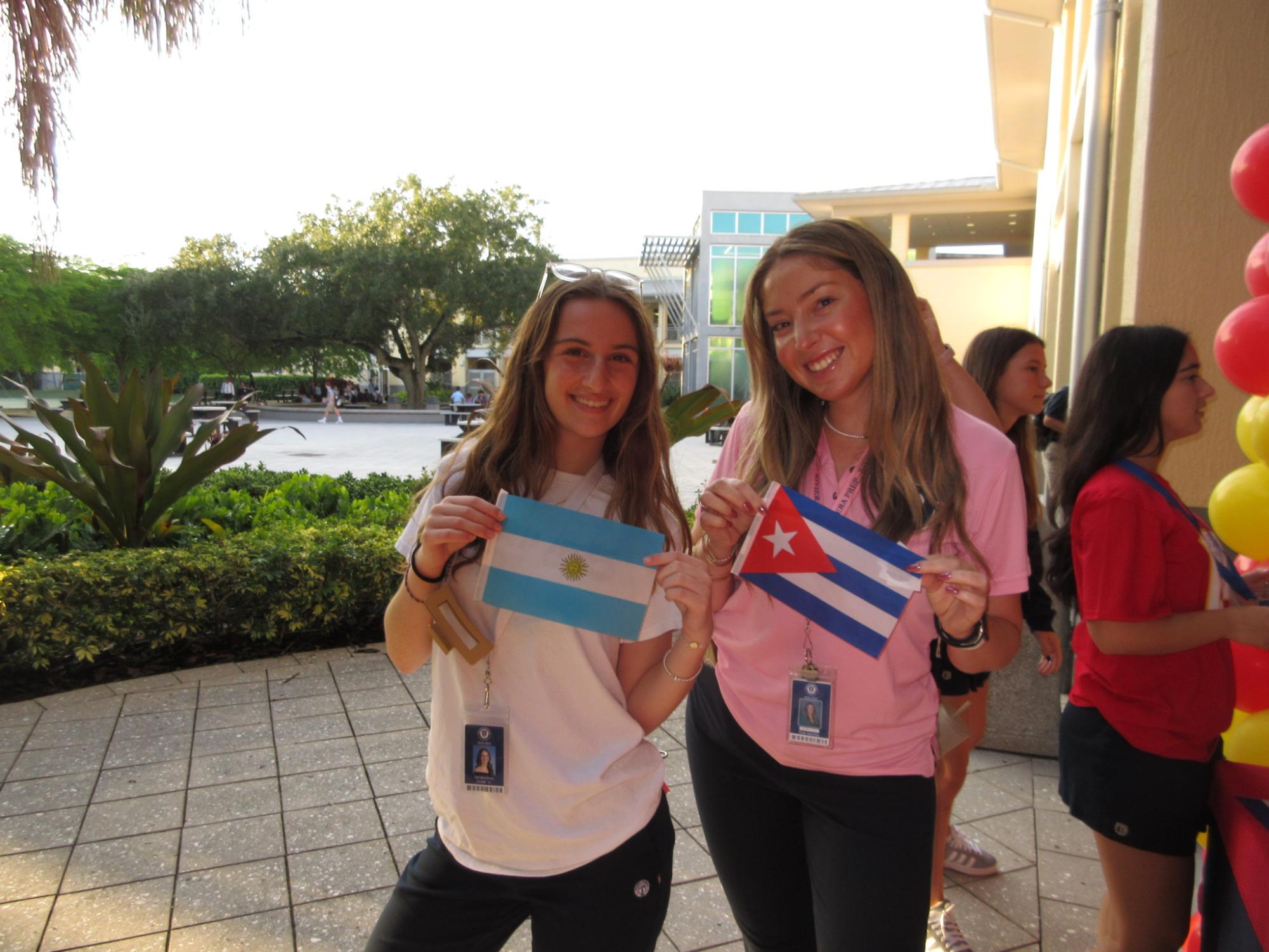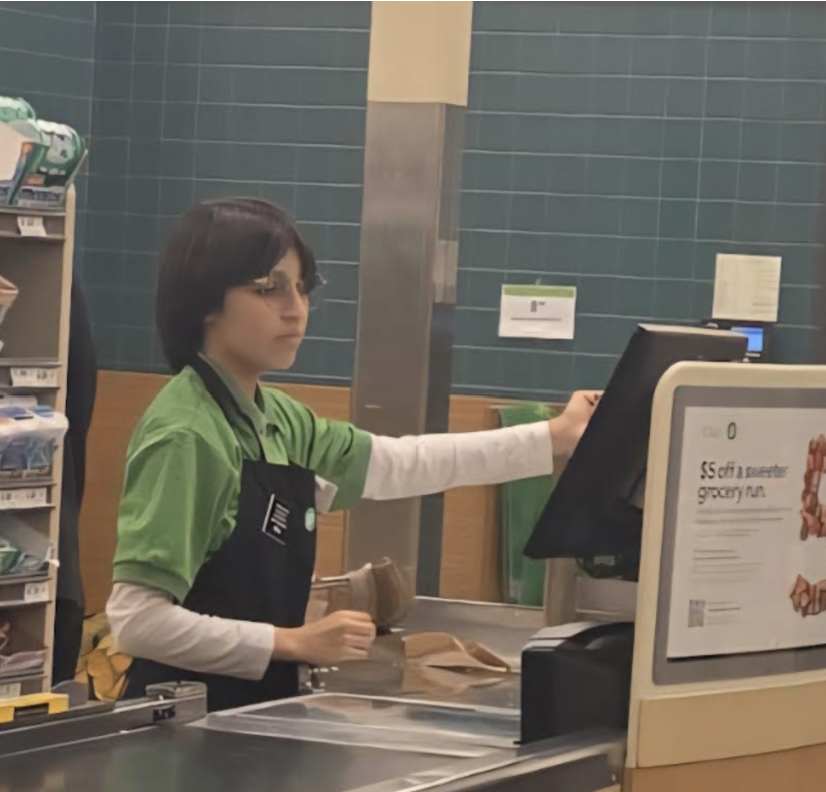The United States celebrates Hispanic Heritage Month from September 15 to October 15. It is essential to understand what this celebration means and how it reflects the rich diversity of our community.
In 1968, President Lyndon B. Johnson established Hispanic Heritage Week, which President Ronald Reagan expanded in 1988 into the 30-day period we now celebrate. This specific period was chosen because it included several significant events in Hispanic history, such as the independence days of several Latin American countries, including Costa Rica, Chile, and Mexico. Although the dates stay the same, the National Council of Hispanic Employment Program Managers (NCHEPM) chooses a different theme each year to highlight contributions and raise awareness. This year’s theme is Pioneers of Change: Shaping the Future Together. According to Gunderson Dettmer, “This year’s theme highlights the Hispanic community’s cultural contributions and historical impact. The theme also addresses the community’s current issues, such as immigration reform, education, and economic equity.”

Hispanic Heritage Month celebrates the culture of Spanish-speaking countries. “Latino” and “Hispanic” are often used interchangeably but have different meanings. Hispanic refers to people from Spanish-speaking countries, which includes Spain and many countries in South America and the Caribbean. On the other hand, Latino refers to all people from Latin America, regardless of their language. For example, linguists consider Brazilians Latino because Brazil is in Latin America, but not Hispanic because Portuguese is the official language there.
Understanding the difference between the two terms is especially important in Miami, a city renowned for its rich cultural diversity. According to the World Population Review, Miami is a majority-minority city, which means that one or more racial, ethnic, or religious minorities make up a majority of the local population.
The city likes to honor our heritage and celebrate the rich cultures of its residents in many different ways. On the third Friday of every month, Calle Ocho hosts its’ Viernes Culturales, or Cultural Fridays, where restaurants on 8th Street spill onto the pavement, artisans set up shops, and live music of different Hispanic genres around the streets. Another celebration for Hispanic Heritage Month in Miami is the 3rd Annual Salsa Fest Weekend at the Inter Continental Miami. The downtown hotel hosts three days of celebrating the vibrant dance culture in Hispanic customs with a pool party and live dancers and singers.
From art and music to food and traditions, Hispanic heritage is deeply woven into the fabric of life here in sunny South Florida. Venezuelan-born Sebastian Rivas (12) claims the music is his favorite part of being Hispanic.
“I really like listening to Hispanic music, whether it’s reggaeton, like Bad Bunny and things like that, and also listening to more classical pieces like Oscar D’León, Willie Colón, all that type of music.”
Indeed, music is an integral part of Hispanic culture, whether it be Colombian cumbia, Mexican mariachi, or Dominican dembow. This rhythmic heartbeat, alongside the stories, flavors, and traditions of the Hispanic community, continues to shape not just Miami but the entire country, leaving a lasting imprint on American culture.
As Hispanic Heritage Month comes to an end, we are reminded that the contributions of this community are not just a part of history—they are shaping the future.








